
Australian good girl Sandy and greaser Danny fell in love over the summer. But when they unexpectedly discover they're now in the same high school, will they be able to rekindle their romance despite their eccentric friends?

As a kid, track star Togashi is naturally gifted and wins every 100-meter race without effort. But in sixth grade, he meets Komiya, a transfer student who is full of determination but lacks technique. In teaching him, Togashi gives Komiya a new purpose: to win no matter what. Years pass by, and Togashi and Komiya meet again as rivals on the track and reveal their true selves.

When an aspiring young artist is forced to join her high school track team, she uses it as an opportunity to pursue the girl she's been harboring a long-time crush on. But she soon finds herself falling for an unexpected teammate and discovers what real love feels like.
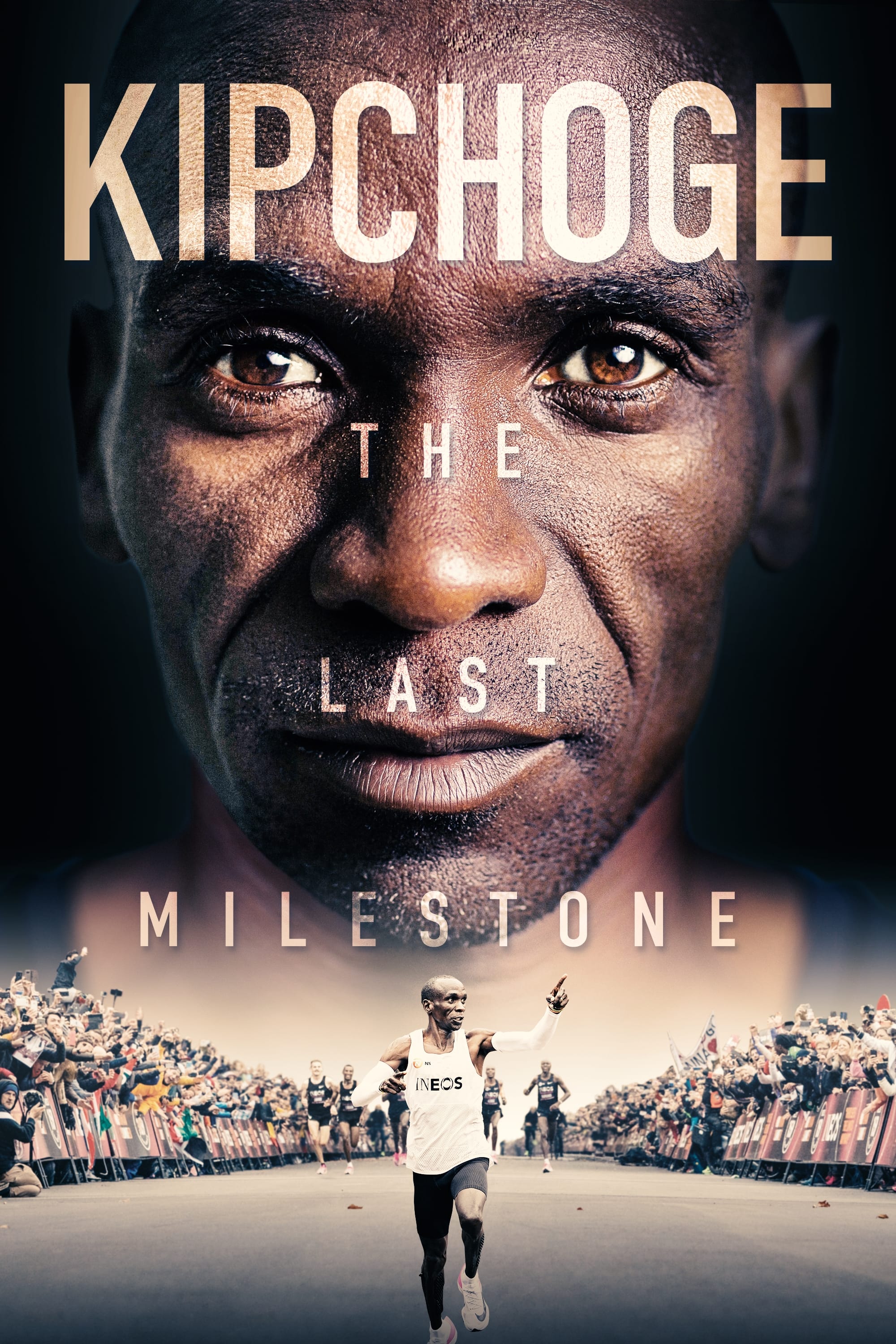
Kipchoge: The Last Milestone follows record-breaking marathon runner Eliud Kipchoge's journey to becoming the first person in history to run a marathon in under two hours.

Three track star sisters face obstacles in life and in competition as they pursue Junior Olympic dreams in this extraordinary coming of age journey.

In the early hours of Valentine’s Day 2013, famous Paralympian Oscar Pistorius shot dead his girlfriend, model and paralegal Reeva Steenkamp. The question was why?

Kakeru, a former elite runner at high school, is chased for stealing food. He is saved by Kansei University student Haiji, who is also a runner. Haiji persuades Kakeru to live in the old apartment "Chikuseisou" where he plans to team up with fellow residents to enter Hakone Ekiden Marathon, one of the most prominent university races in Japan. Kakeru soon finds out that all of the residents except for Haiji and himself are complete novices.
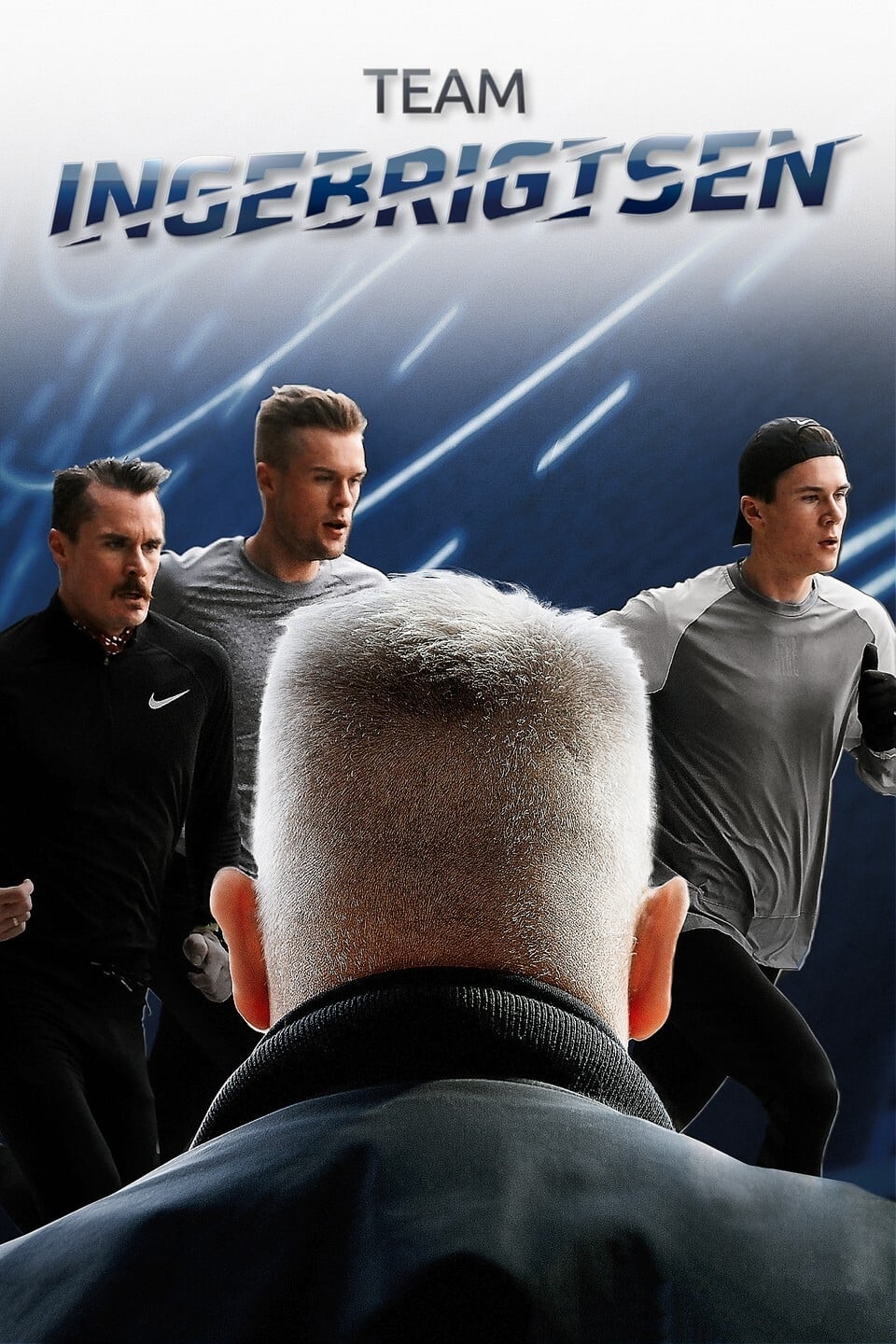
The show follows the Ingebrigtsen family, with three brothers, Henrik, Filip, and Jakob, running in international competitions, and their father is their trainer.

Goo Jae-hee lives in the United States and one day sees a track and field competition on TV, and becomes attracted to one of the high jump competitors, Kang Tae-joon. She begins to idolize the young athlete and eventually transfers to Korea to attend the same school that Tae-joon attends after he suffers an accident that could potentially end his career. There is a catch, however: Tae-joon attends an all-boys high school and Jae-hee must disguise herself as a boy to enter.

After watching a high jump competition on TV, Lu Rui Xi was so inspired by a jumper named Zuo Yi Quan that she decides to transfer to his school, which happened to be an all-boys school; therefore, she disguises herself as a boy to get accepted. At the school, Rui Xi befriends Jin Xiu Yi. One day during a friendly soccer match, Rui Xi is knocked unconscious by Xiu Yi. Quan carries her to the infirmary and realizes that Rui Xi is in fact a girl! However, Quan keeps her identity a secret. At the same time, Xiu Yi starts to question his own sexual orientation when he finds himself having feelings towards Rui Xi.
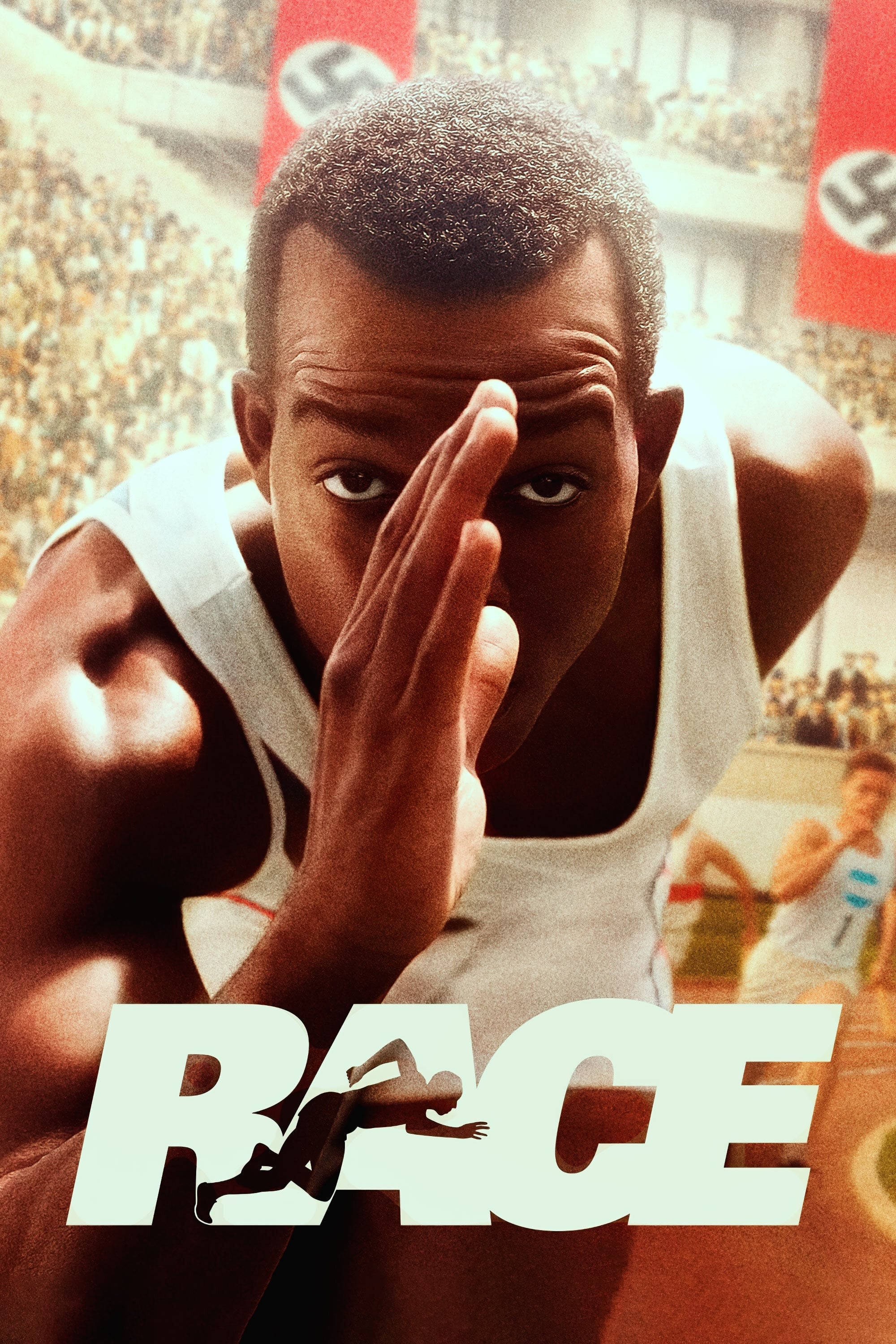
Based on the story of Jesse Owens, the athlete whose quest to become the greatest track and field athlete in history thrusts him onto the world stage of the 1936 Olympics, where he faces off against Adolf Hitler's vision of Aryan supremacy.

Fully authorized, access-all-areas feature doc on the hugely charismatic and globally adored Usain Bolt – officially the fastest man alive. With never-before-seen archive footage of his youth in Jamaica, through to original footage that will be captured at his fourth and final Olympic Games in Rio, where he will compete for the gold in both the 100 and 200 metres races, for a third straight Games before his retirement in 2017. I AM BOLT will reveal the man and define the legacy of this incredible athlete.
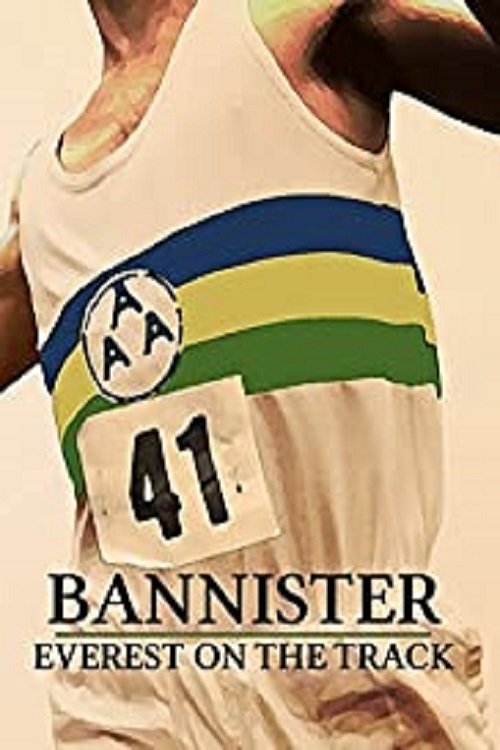
History wonks and running buffs will vie for who loves this movie the most. "Everest on the Track" is as much an historical study of Britain's psychological, if not almost physical, need for something - anything - to erase the woes of World War II as it is a fresh look at the quest for the first sub-4:00 mile, the heretofore deemed physically impossible. Before the war, Britain had bloomed best in its Sporting Tradition, but the amateur accolades leading to Olympic accomplishments were blown off the podiums in the 1952 Helsinki Games. Roger Bannister was the epitome of that disappearing scholar-athlete ideal. Can the lunchtime-trained runner immersed in his medical school studies inject the booster shot into Britain's flagging but still flickering morale?

This 2012 documentary profiles Lori "Lolo" Jones, who surmounted poverty and homelessness to become one of the most dominant athletes in women's track and field history at Louisiana State University, a successful Olympian and a world champion.
Up Heartbreak Hill chronicles the lives of three high school seniors living on the Navajo Nation and struggling to shape their identities as both Native American and modern American. They must decide whether to stay in their community - a place inextricably woven into the fiber of their beings - or leave in pursuit of educational and economic opportunities.
Mary and Bill is a film focusing on Mary Stroebe and Bill Wambach. Mary is a 90-year-old triathlete and Bill an 83-year-old high jumper who holds the National record in his age bracket. Bill was also named "Male Athlete of the Year" by the National Congress of State Games. Mary appeared on the "Regis and Kelly Show" and as a result was nominated for and received a "Relly" award. The film follows Mary and Bill immediately after they experience serious health related problems. Mary brakes her leg while down hill skiing and Bill, who had smoked for 45 years, suffers a heart attack. Despite these physical ailments, both decide to train and compete in their respective events. Mary hopes to complete the Lifetime Fitness triathlon and Bill will attempt to win first place in high jumping at the National Senior Olympics. Through their amazing commitment, both Mary and Bill prove that age is just a number.

Few athletes in Olympic history have reached such heights and depths as Marion Jones. After starring at the University of North Carolina and winning gold at the 1997 and '99 World Track and Field Championships, her rise to the top culminated at the 2000 Summer Games in Sydney, Australia. There, she captivated the world with her beauty, style and athletic dominance, sprinting and jumping to three gold medals and two bronze. Eventually, though, her accomplishments and her reputation would be tarnished. For years, Jones denied the increasing speculation that she used performance-enhancing drugs. But in October 2007, she finally admitted what so many had long suspected -- that she had indeed used steroids. Jones was sentenced to six months in prison for lying to federal investigators and soon saw her Olympic achievements disqualified. Now a free woman, Jones is running in a new direction in life and taking time to reflect.
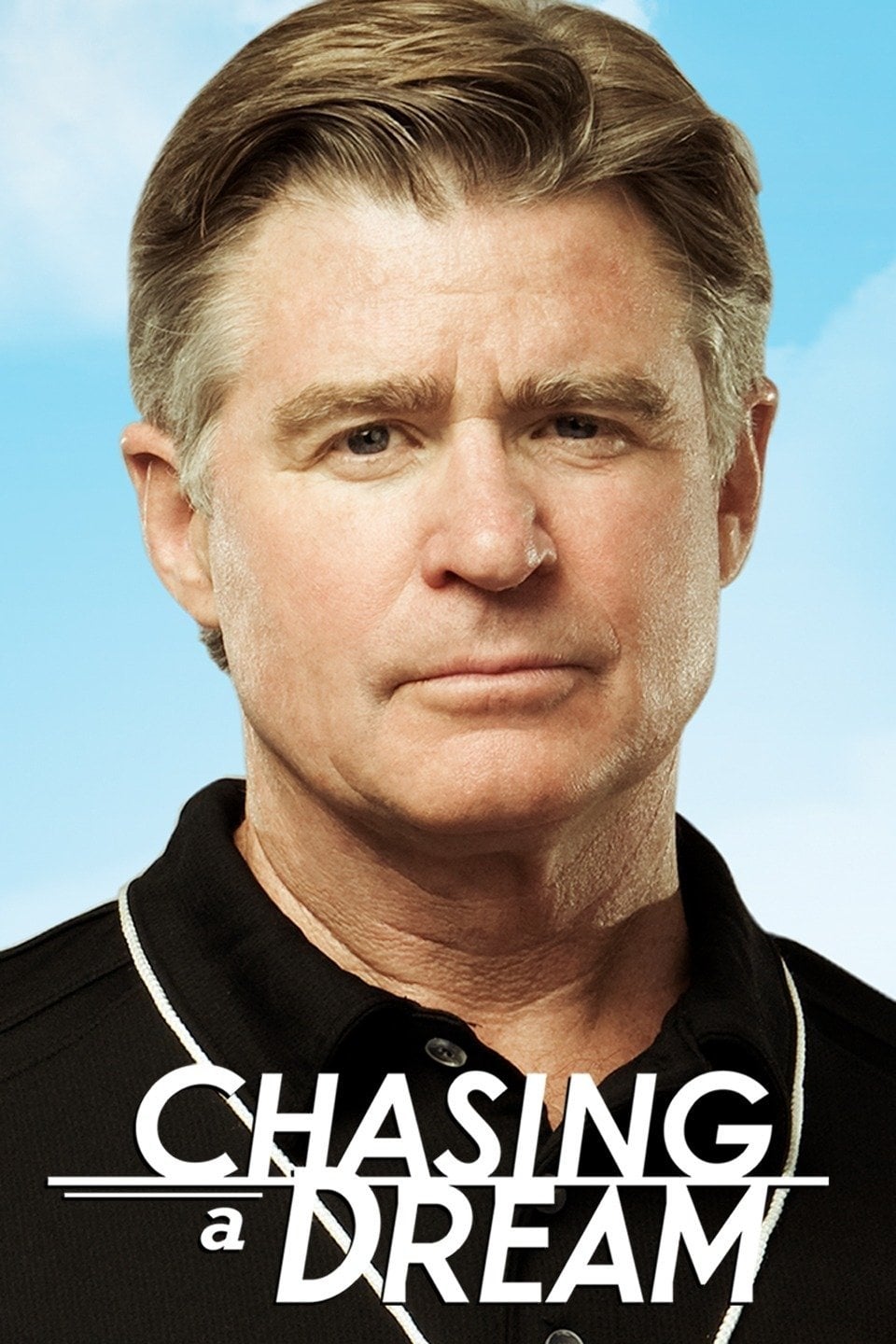
When high school football player Cam Stiles loses his best friend, he decides to drop football and focus on attaining his friend's goal of running a mile in under four minutes. Cam's decision tears apart his relationship with former teammates and his father—who happens to be his demanding football coach.

Haiji was an elite runner, but has not competed due to a past injury. He then meets fellow elite runner Kakeru who also left running, but caused by a dispute. Their meeting inspires both young men to run again, with Haiji choosing the fabled "Hakone Ekiden" (long distance relay race). The race requires a 10 member team so Haiji and Kakeru recruits 8 others (some of whom have never even run before). Within this unlikely group of runners a bond is formed through their training and a belief that they can accomplish the impossible.

Berlin 36 is a 2009 German film telling the fate of Jewish athlete Gretel Bergmann in the 1936 Summer Olympics. She was replaced by the Nazi regime by an athlete later discovered to be a man. The film is based on a true story and was released in Germany on September 10, 2009. Reporters at Der Spiegel challenged the historical basis for many of the events in the film, pointing to arrest records and medical examinations indicating German authorities did not learn Dora Ratjen was male until 1938.
By browsing this website, you accept our cookies policy.